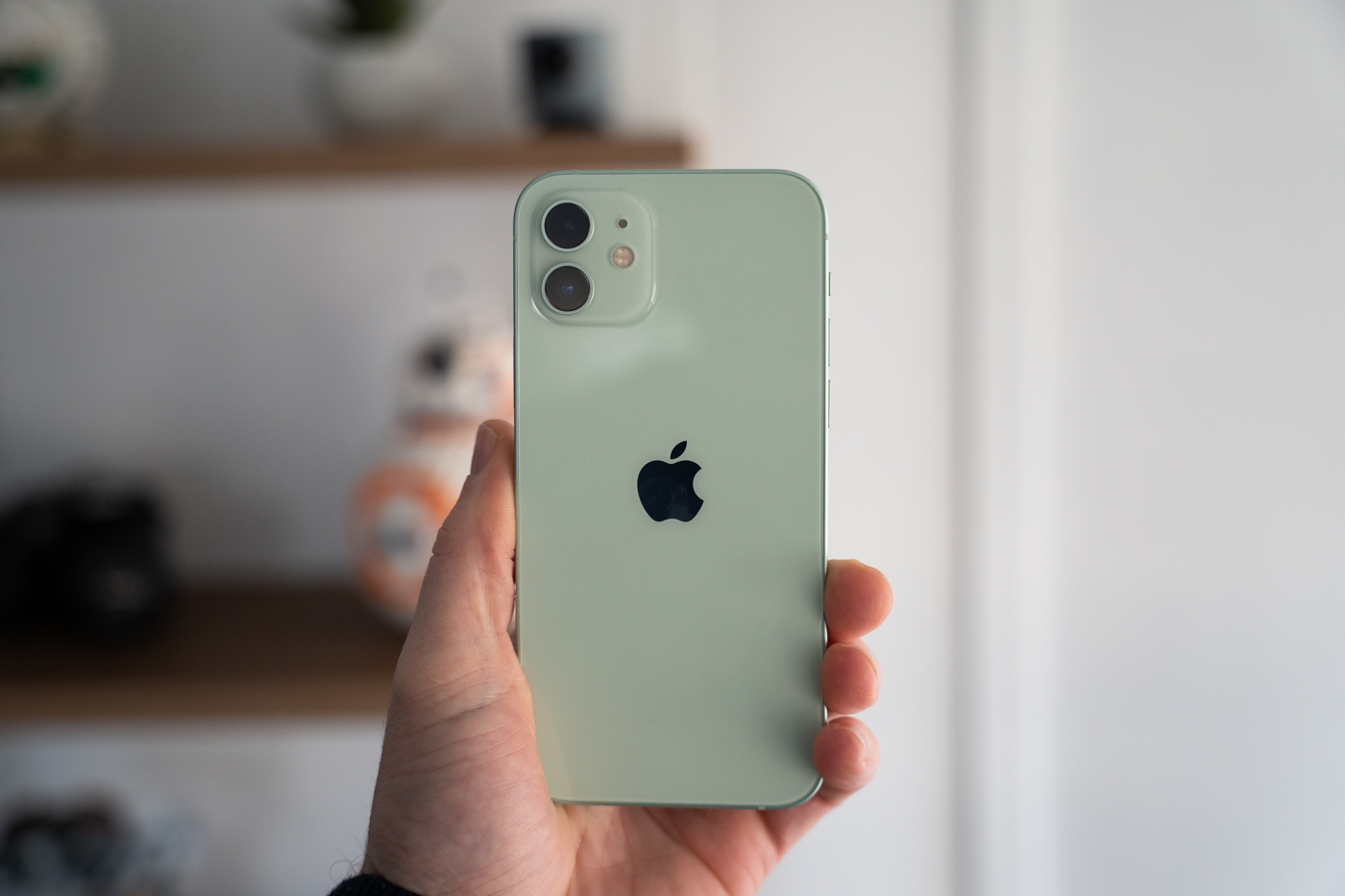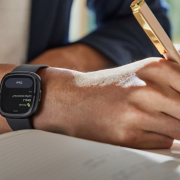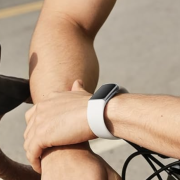While iOS is considered more secure than Android, your iPhone can still get infected with a virus. Once it’s inside the system, a virus can do all sorts of damage, including stealing your text and call history, taking screenshots, accessing files, etc.
If you think your iPhone is infected, keep reading. This article will show you how to get rid of a virus on your iPhone. It will also provide security tips to follow to prevent a similar scenario in the future.
Removing a virus from your iPhone
Removing a virus from your iPhone can be as simple as restarting the device. But many types of malware will remain on your device even after a restart. To eliminate the threat, you can start by figuring out where it comes from.
Did you recently download an app from an unverified source? Try deleting it and see if your phone stops behaving strangely.If you clicked on a malicious link, you might have downloaded a harmful file to your device. Check your download history and delete all unknown files.
A lot of times, doing one of the above-mentioned things will eliminate the problem. In some cases, however, viruses can be more advanced. They can spread throughout your device, making it difficult to remove by simply deleting an app or file.
In those cases, you may have to perform a factory reset on your device to get rid of the virus. Go to Settings > General > Transfer or Reset iPhone. In the prompt that follows, tap on Erase All Content and Settings.
Performing a factory reset is a quite drastic step but a necessary one in some instances. To minimize data loss, use a malware scanner to detect the harmful files on the device. Photos, videos, and contacts will often be unaffected, so you can back them up on a hard drive.
General iPhone security tips
Most people will never end up with a virus on their iPhones. But it never hurts to stay vigilant in your approach and minimize risk. Follow these general security tips to make your iPhone harder to crack:
Don’t jailbreak your iPhone
Since Apple is strict on what they allow on their devices, many people have turned to jailbreaking. Jailbreaking unlocks your device so that you can install software from any source. It gives you access to the root of the iOS system, giving you the freedom to do anything you want.
Sounds exciting? Well, yes, it is, but it’s also incredibly dangerous. Installing apps from unverified sources on a jailbroken iPhone can give the apps root privileges. The app can then do all sorts of damage like spying and stealing sensitive data. No app is worth the security risk of a jailbroken iPhone.
Use strong passwords
The security of your iPhone largely depends on the strength of your passwords. Hackers constantly try to brute-force their way into accounts. Don’t make it easy for them by using short and easy-to-guess passwords. Make the passwords long (at least 12 characters) and use a variation of letters, numbers, and special characters.
One of the most important passwords on your iPhone is that of your Apple ID. Your Apple ID is often all you need to log in to your account and access all of the information you store in your Apple accounts. You also need to enter your Apple ID password before downloading apps from the App Store. So take some time to create a password that’s as strong as possible.
Limit app access
When you install a new app, it will ask you to access some privileges to function properly. Carefully examine these privileges and disable all that isn’t necessary for the app to do its functions. For example, an alarm clock app has no business having your contacts. All it needs is the clock.
Another thing you can do with new apps is review their privacy policies. Learn how and why they’ll use your data so there aren’t any surprises in the future.
Don’t auto-join WiFi networks
Automatically joining WiFi networks increases the risk of a ‘Man-in-the-middle” attack. This attack involves a cybercriminal who set up a rogue wireless access point. The rogue will look exactly like a legitimate, open network, using the same service set identifier (SSID) and tricking users into connecting to it.
Once a device is connected to a rogue network, the criminal can see all traffic and data.
Final thoughts
iPhones are known for their reliability and security. However, viruses still find their way to iPhones, so it doesn’t hurt to be careful. If your device has been infected, follow the tips listed above to remove it safely.
And to make sure you don’t get any more viruses on your phone, avoid jailbreaking, set strong passwords, and make use of Apple’s security features.










Comments